5 min read
Looking Beyond the Indian Act
This article was originally published on Active History on January 30, 2026. Republished with permission. Original article here:...

5 min read
This article was originally published on Active History on January 30, 2026. Republished with permission. Original article here:...

5 min read
The Truth and Reconciliation Commission’s 94 Calls-to-Action (CTAs), released in June 2015, have galvanized the government, corporate, and private...
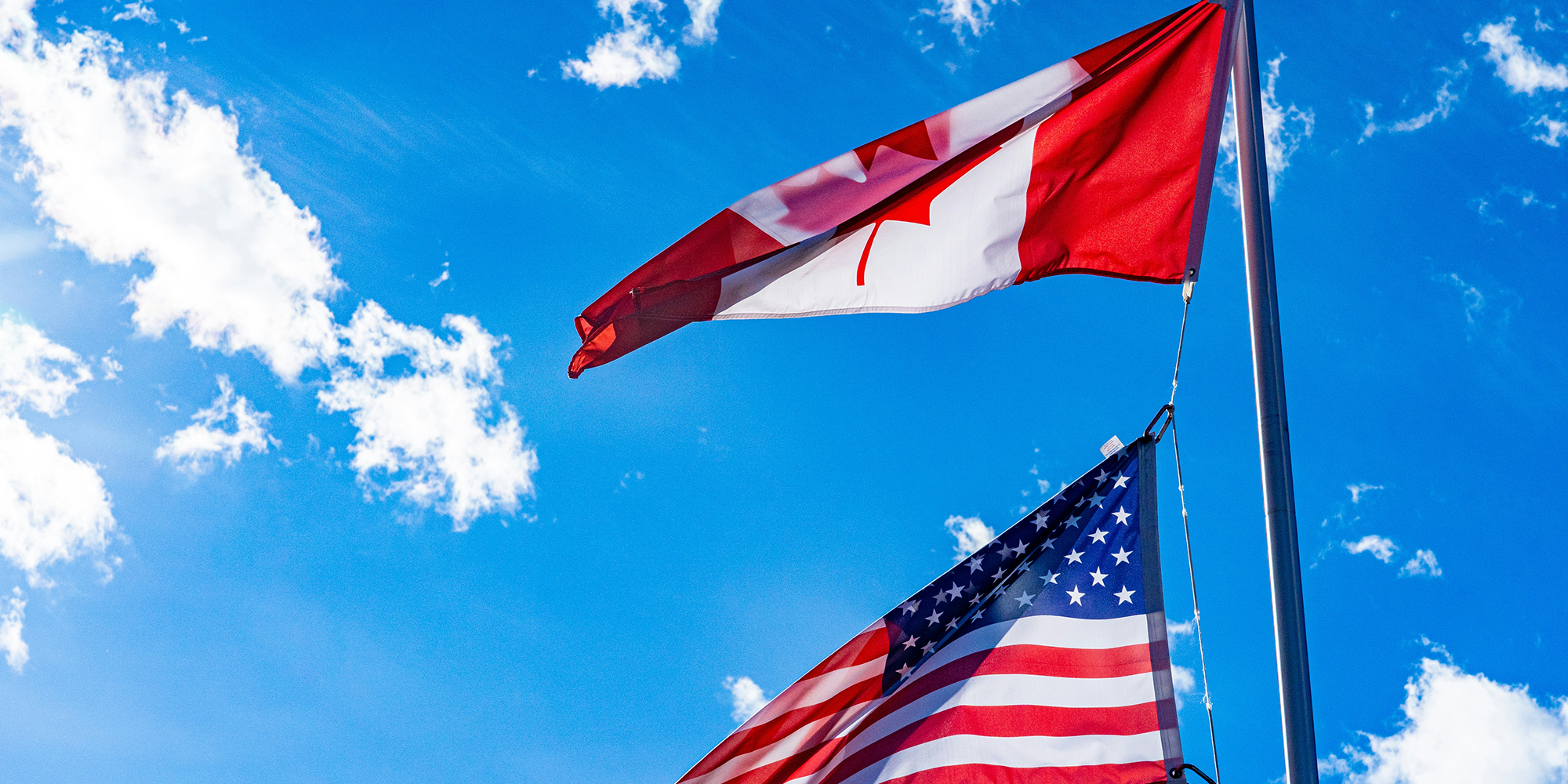
3 min read
Some days it really feels like the whole world is going crazy. The economy is sputtering amidst trade wars and tariffs, there is a renewed interest...
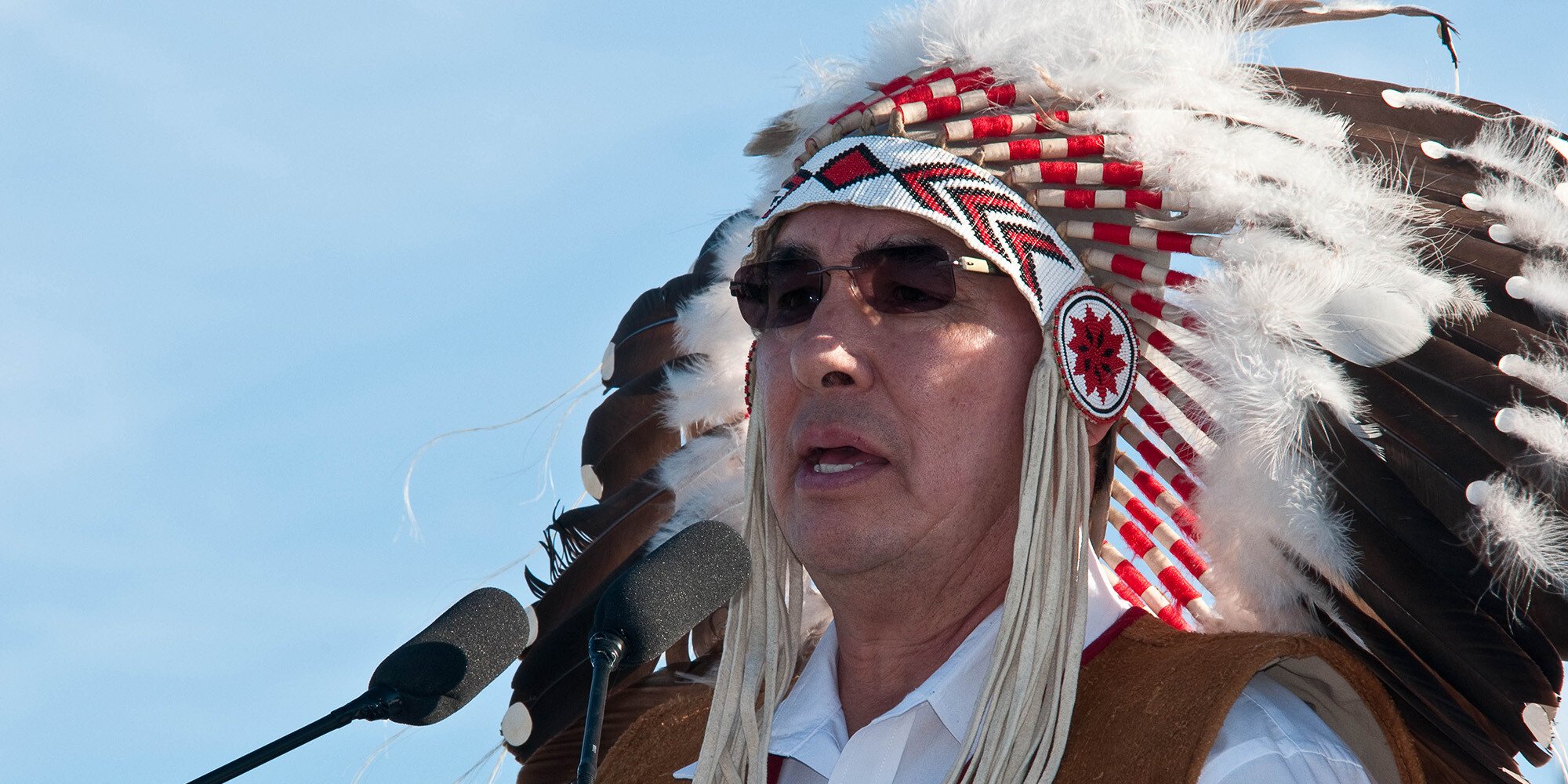
5 min read
Anyone aware of the work, life, and growing legacy of J. Wilton Littlechild will know that he is a significant leader in international Indigenous law...
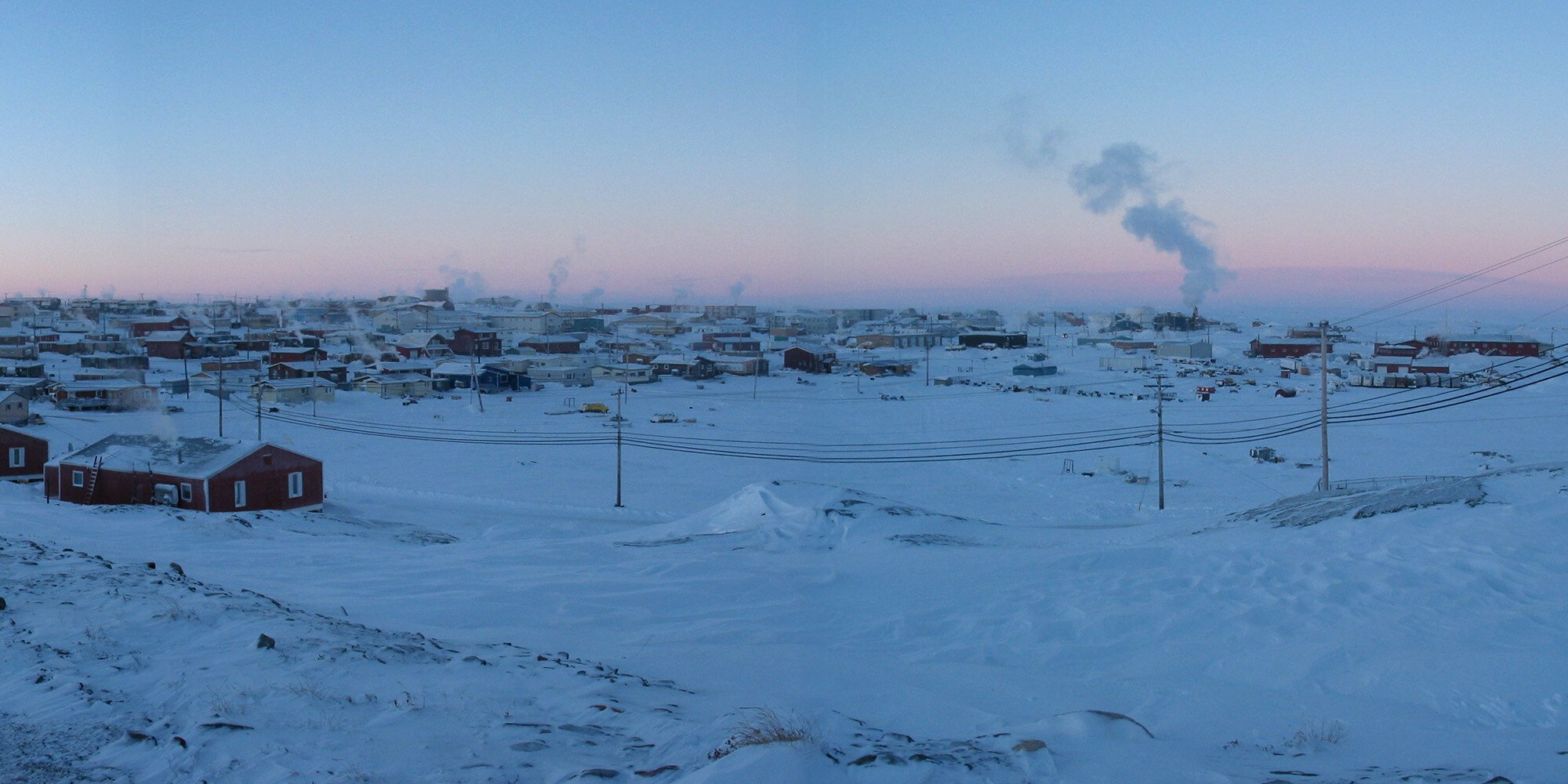
4 min read
Many educational programs and documents that recount the history of Indian Residential Schools in Canada will state that 1996 was the year that...
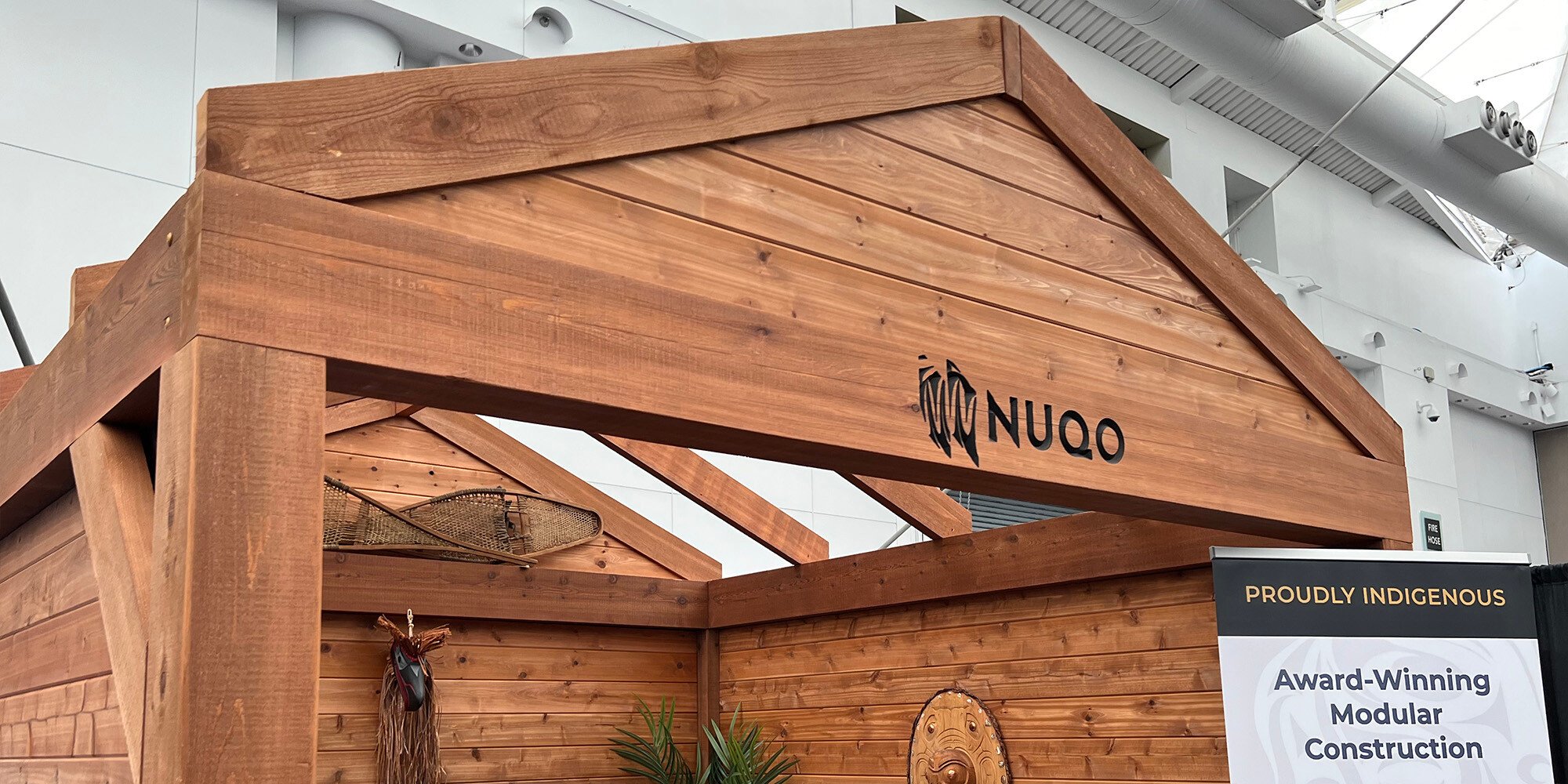
2 min read
In 2025, it will be a decade since the release of the Truth and Reconciliation Commission (TRC) Summary Report (June 2015) on the horrific...
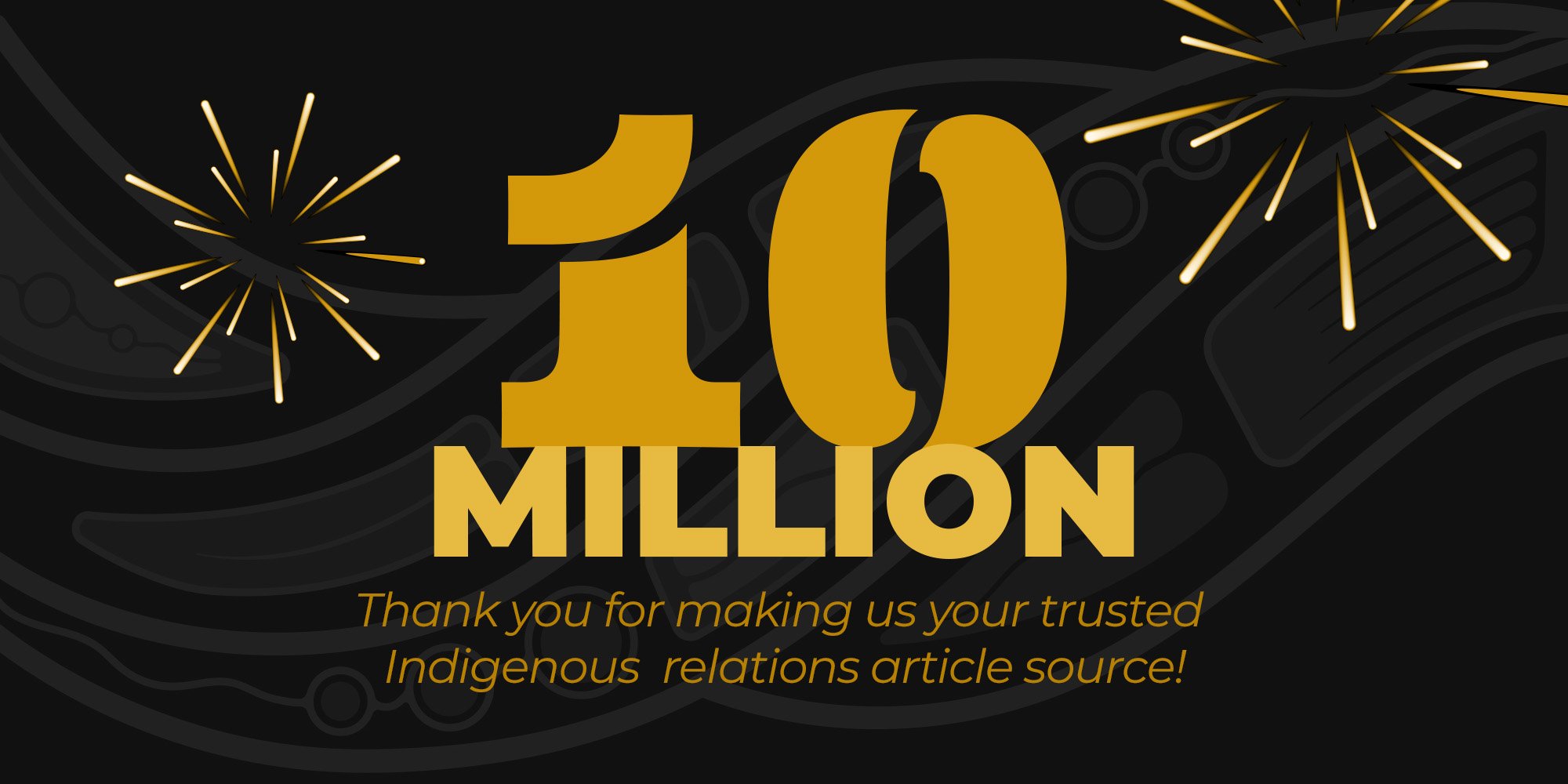
3 min read
As we embark on a new year, Indigenous Corporate Training Inc. (ICT) is humbled to share that our Working Effectively with Indigenous Peoples® Blog...
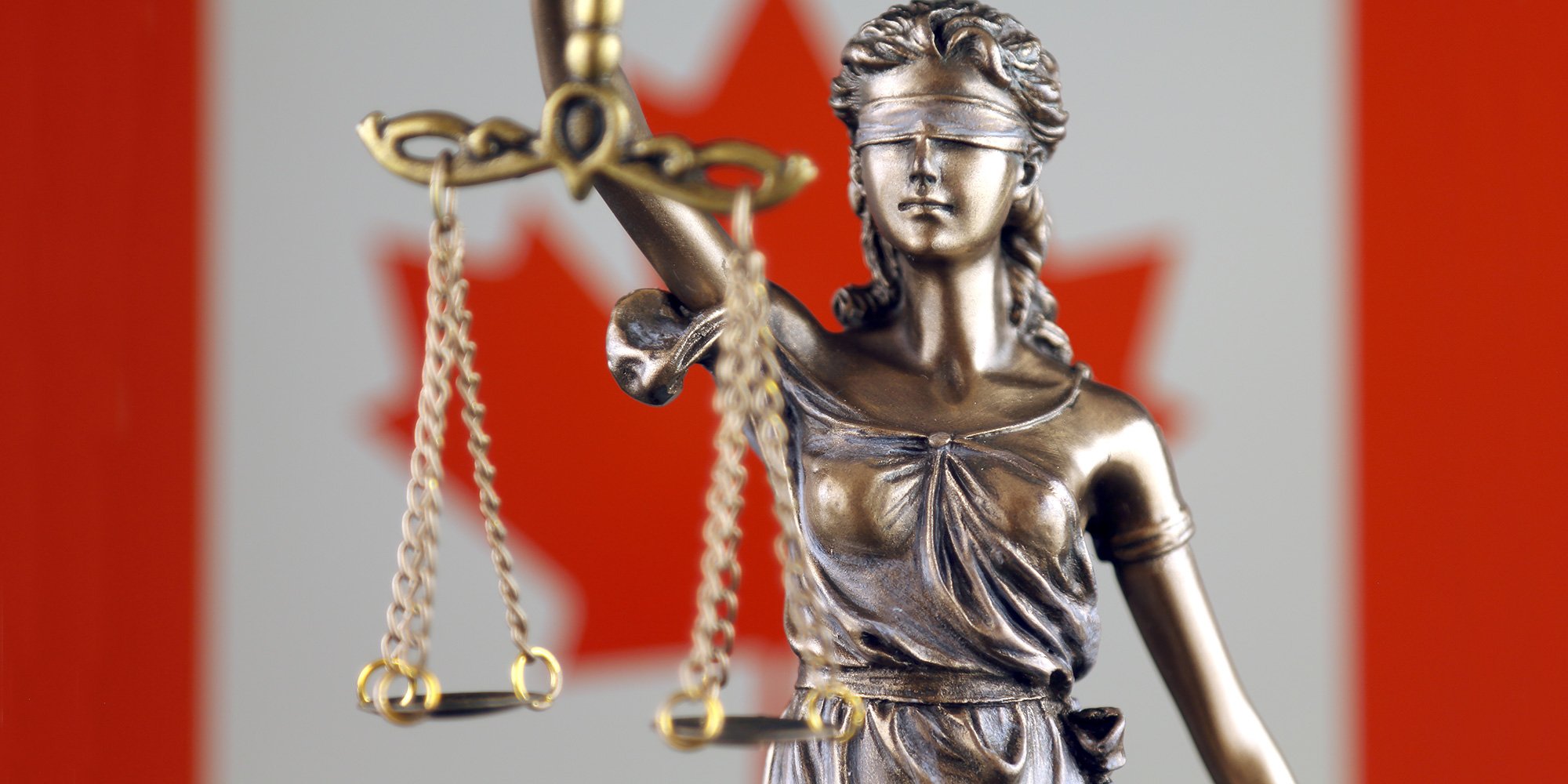
5 min read
Indigenous Peoples believe they have held title to their traditional lands or territories from the moment their Creators placed them on that land...
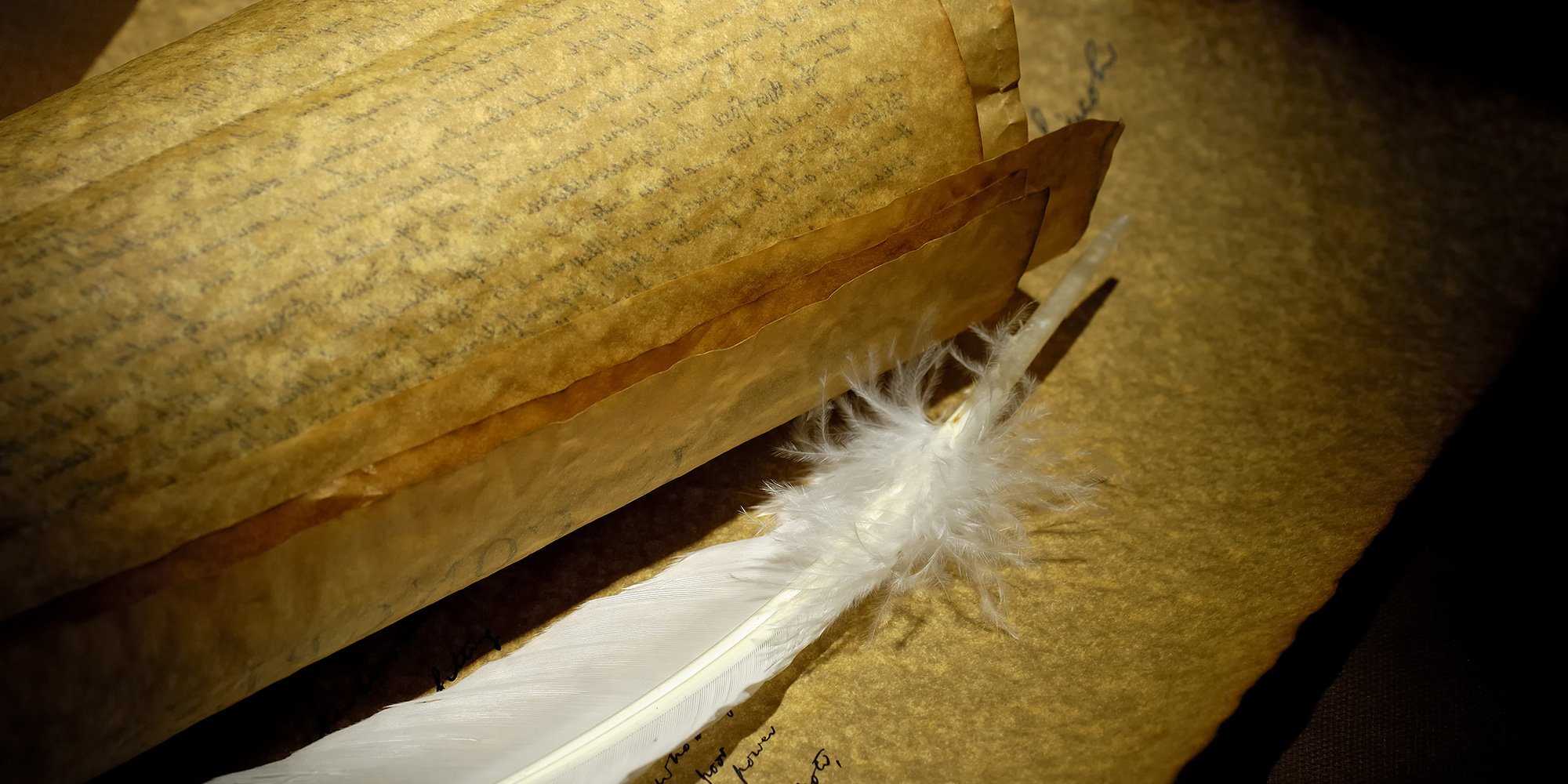
3 min read
The Doctrine of Discovery was used by European monarchies, beginning in the mid-fifteenth century, as a means of legitimizing the colonization of...
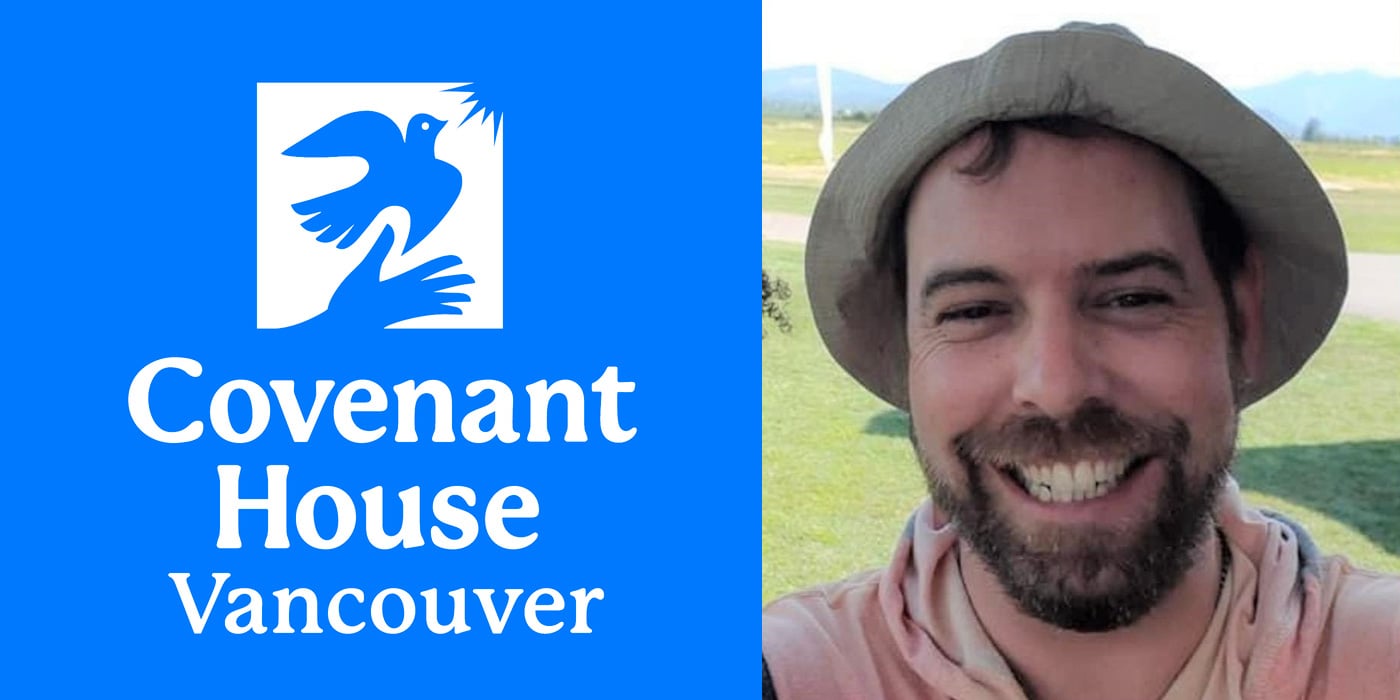
We first met Trevor, Supervisor of Donations Processing for Covenant House Vancouver, when he attended one of our Training Weeks. Trevor took the...